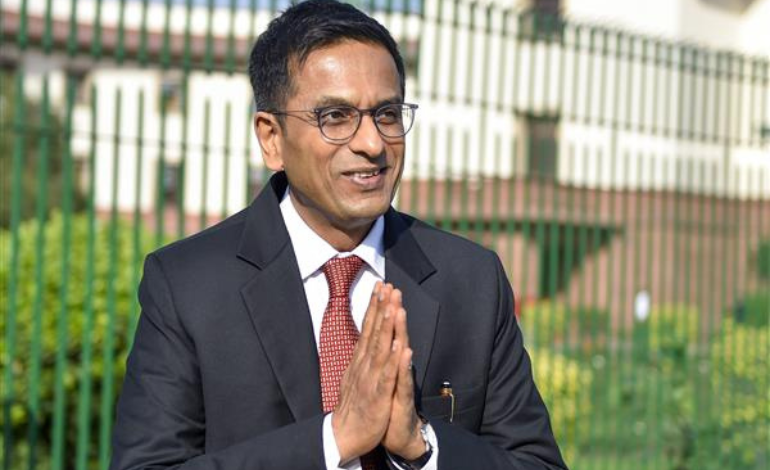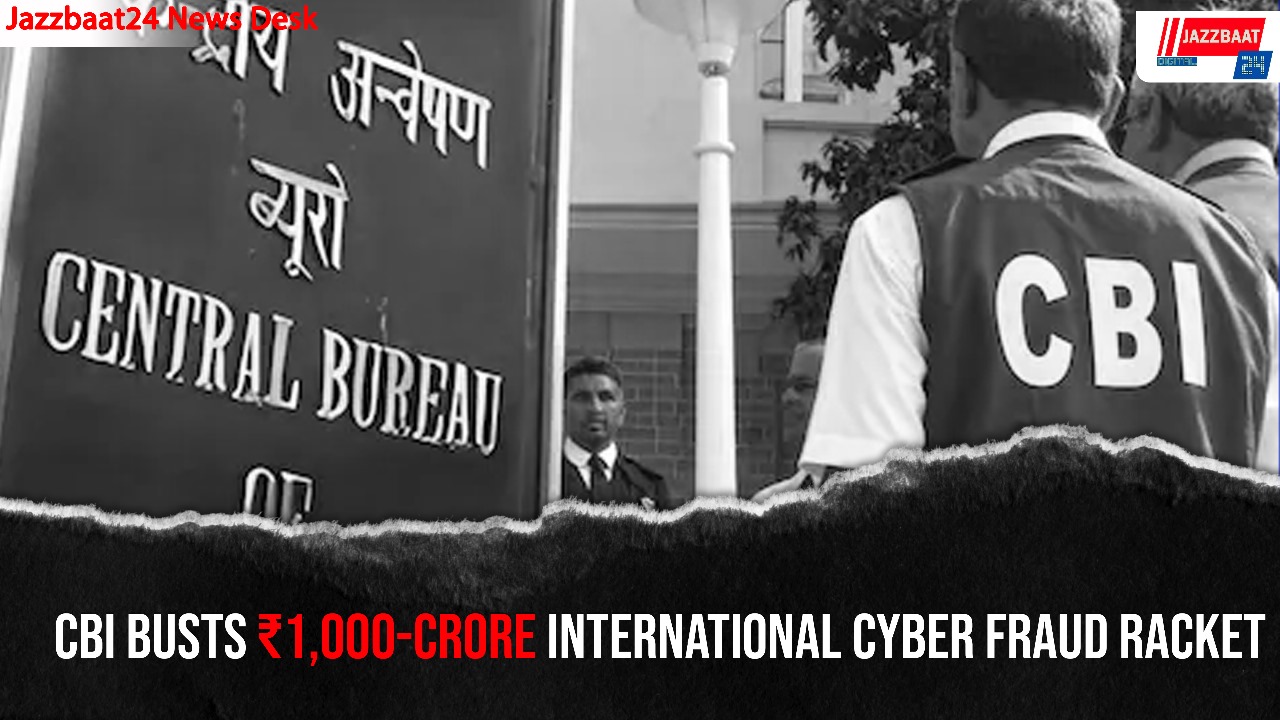The Supreme Court's senior-most judge, Justice Dhananjaya Y Chandrachud, was named India's 50th Chief Justice on Monday. He will take the oath of office on November 9.
Justice Chandrachud's appointment as the CJI for a two-year term was announced by Union Law Minister Kiren Rijiju.
Justice Chandrachud succeeds Justice U U Lalit. He is the son of Y V Chandrachud, the Chief Justice of India with the longest tenure. From February 22, 1978, to July 11, 1985, his father headed India's judiciary.
After a brief 74-day term, the incumbent CJI leaves office on November 8 after reaching the age of 65.
Justice Chandrachud, who views dissent as the "safety valve of democracy," served on various Constitution benches and contributed to important rulings by the Supreme Court, such as those concerning the Ayodhya land dispute and the right to privacy.
"In exercise of the power conferred by the Constitution of India, Hon'ble President appoints Dr. Justice DY Chandrachud, Judge, Supreme Court as the Chief Justice of India with effect from 9th November, 22," Minister Rijiju tweeted quoting the notification.
On May 13, 2016, Justice Chandrachud was elevated to the position of Supreme Court justice. He will leave that position on November 10, 2024.
A formal notification announcing Justice Chandrachud's appointment as the next CJI was then issued, according to sources. Principal Secretary to the Prime Minister P K Mishra and top officials of the Department of Justice in the Law Ministry personally handed the warrant of appointment signed by the president to Justice Chandrachud on Monday afternoon.
Justice Chandrachud was recommended to the Center by Chief Justice Lalit on October 11.
The benches that issued ground-breaking rulings on decriminalising same-sex relationships after partially striking down Section 377 of the IPC, the validity of the Aadhaar system, and the Sabrimala issue.
The severe second wave of the pandemic last year was referred to as a "national crisis" by the Justice Chandrachud-led court, which also issued many directions to ease the suffering endured by people during the COVID-19 crisis.
A bench led by Justice Chandrachud issued a landmark decision in February 2020 ordering that women Army officers be given permanent commissions and command postings, rejecting the Center's argument that their physical limitations were caused by "sex stereotypes" and "gender discrimination against women."
Justice Chandrachud has served on various Constitution benches and has been instrumental in the modernization of the judiciary.
The five-judge Constitution bench that heard the Ayodhya case included Justice Chandrachud.
Justice Chandrachud, who was born on November 11, 1959, was a judge of the Bombay High Court from March 29, 2000, until he was named Chief Justice of the Allahabad High Court on October 31, 2013.
By the Bombay High Court's designation as a senior advocate in June 1998, Justice Chandrachud also held the position of Additional Solicitor General up till his appointment as a judge.





